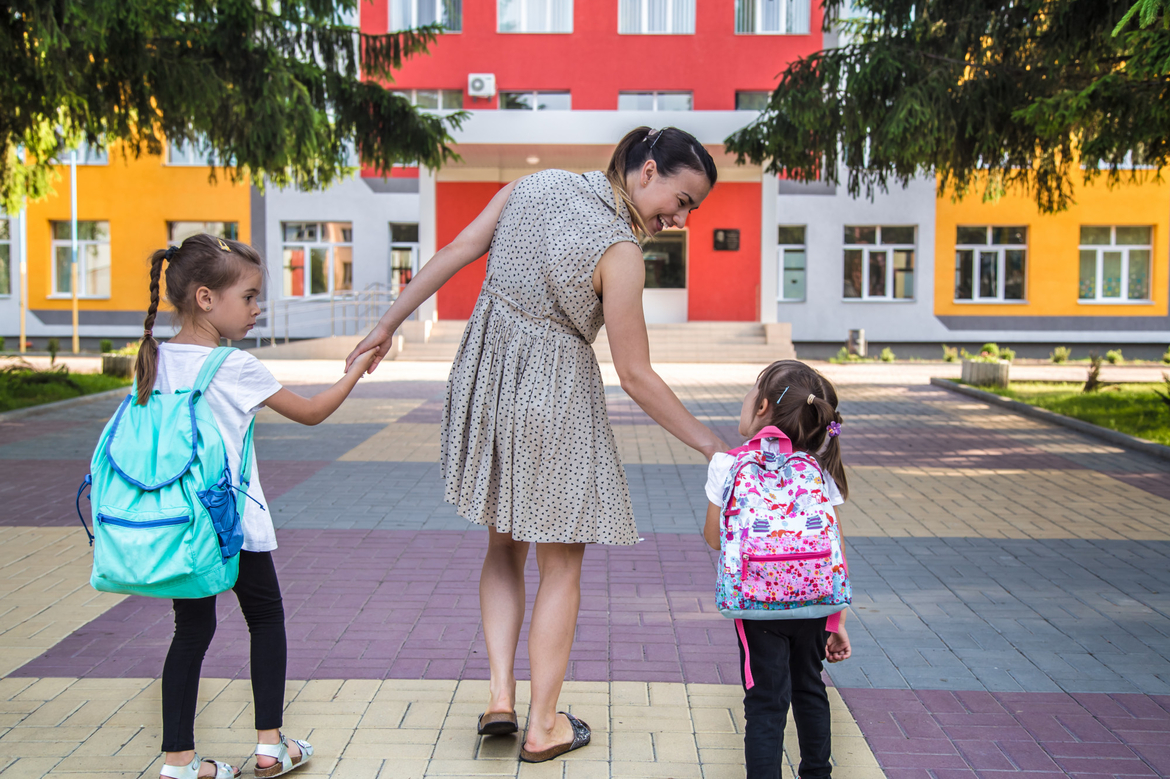For most elite schools in and around London, and especially the ones with a senior department, the 7-plus admission point has become increasingly popular. However, parents often worry about having their young children write a difficult exam at such a young age, and as a result, many parents are perplexed as to how exactly schools can evaluate children at this age.
In essence, this means that the 7 Plus process makes it possible for students to enrol in independent prep schools that are meant to prepare students for admission to academically demanding independent schools, or to prepare kids for entry into academically demanding senior schools with their own senior school. One important factor to keep in mind is that these schools only provide a limited number of available spots every year, which makes competition for admission quite intense.

Image: With only a limited number of places available for students at some of the most prestigious schools in and around London, students are often subjected to take the 7 Plus exam in year 2, for admission in Year 3.
To help parents navigate the 7 Plus process better and provide their children with the best possible chance to succeed without putting them under undue stress, we will explain exactly what parents need to know about the 7 Plus process.
First, decide if the 7 Plus is the right choice for your child
This is a very important factor because a child can really struggle at an intellectually demanding school if they are not academically or mentally prepared for it. It might be a good idea to subject your child to an academic evaluation first, to determine their ability before considering this journey. A proper assessment will determine what the best option would be for your child. The reality is that no child should be subjected to intense tutoring to get into a first-choice school if they lack the intrinsic capacity to succeed once they are there. If their academic potential does not meet up to the school's high standards, applying there may be setting them up to fail in the long run.

Image: Unless a child is academically or mentally prepared for an intellectually demanding school, they are probably going to struggle to reach their full academic potential.
Understand how schools go about assessing potential 7 Plus candidate
For most people, it may seem a little over the top, but some of the elite schools will generate a shortlist of 7 plus candidates, based on their academic performance on a written entrance exam, known as the 7 Plus exam. Children take the exam in Year 2 to be admitted to Year 3, and it is generally expected that they will demonstrate writing, reading, and knowledge levels above those of the Year 2 curriculum.
However, when a child is academically and mentally equipped, the right information foundation, working through subject material, exercises and plenty of practice writing exam papers, can provide the child with an edge, and help build his or her confidence. Careful preparation for the 7 Plus exam is essential, and this is where private tutoring can play a significant role.
Contrary to popular belief, private tutoring among children as young as six or seven years old is not all that uncommon, but it should be done based on a child's particular needs and definitely for the right reasons. As an experienced tutor, I am very familiar with the 7 Plus process, and not only have I helped my own children succeed, but many other children from the area. I tutor specifically for the 7 Plus examinations, as well as for developing mathematics, writing and reading skills. I also welcome students with specific special needs who might require extra assistance to access the core curriculum.
The 7 Plus exams may differ from one school to the next, although they will often focus on mathematics and English. In addition, there may occasionally be verbal one-on-one assessments of spelling, creativity, memory, and mental arithmetic. Verbal reasoning and non-verbal reasoning are also being taught in more schools, and while many kids may like the puzzles and problems they present, preparation is still recommended.

Image: The 7 Plus exams often focus on mathematics and English, and sometimes verbal one-on-one assessments of spelling, creativity, memory, and mental arithmetic.
Keep in mind that schools seek out students who are well-rounded, meet the necessary academic standards, and exhibit positive learning behaviours. As a result, interviews—either in person or through group activities—are sometimes part of the 7 Plus exams. The goal of these interviews is to learn more about the child's self-assurance, concentration, and social skills rather than how well they can rehearse some kind of ‘script’. Parents should be aware that schools will be able to tell when a child has been given instructions on what to say, and they prefer when students respond intelligently and naturally to questions.


